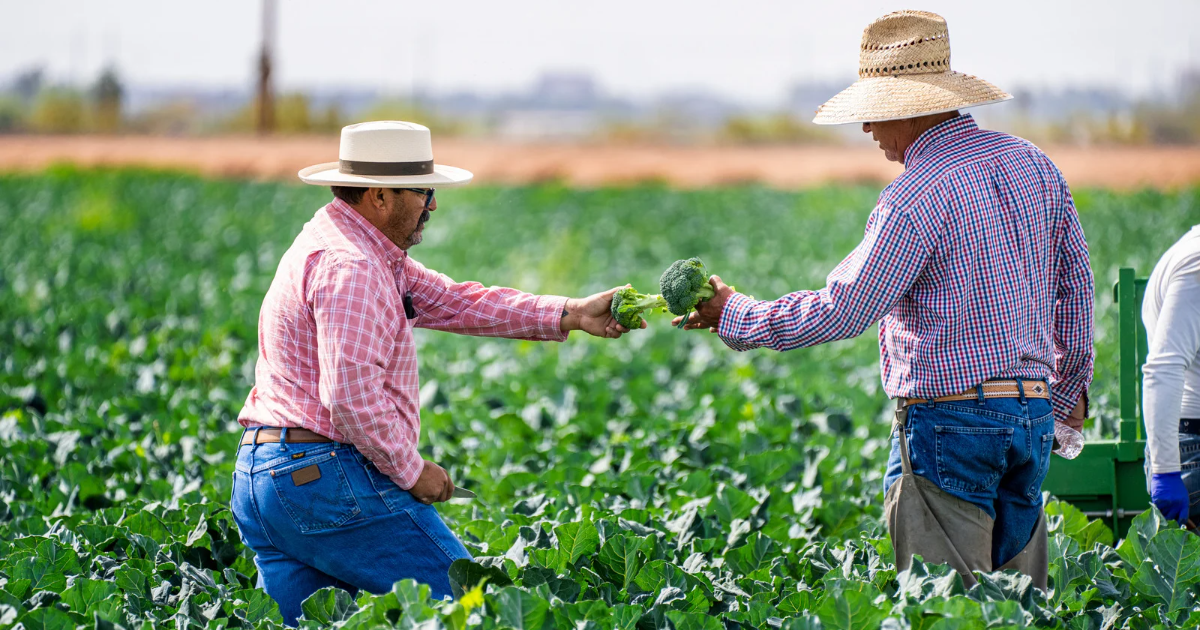
A Farmland Investment Guide: Everything You Need To Know
Investing in farmland is a great way to diversify your portfolio and generate steady returns. But there are many things you need to know before taking the plunge. This article will explain the advantages and disadvantages of investing in farmland, along with practical advice. It will assist you in making wise selections when investing in agricultural property, whether you are a rookie or an established investor.
What is Farmland Investing?
Investing in farmland has benefits. Cropland is limited. This limited supply may lead to long-term appreciation. It’s steady and an excellent capital preservation investment. Many farmers have poor margins, so even little input cost or crop price fluctuations might affect their bottom line. Farmland may reward risk-takers over time.Benefits of Investing in Farmland
Farmland investment has several benefits. Use the land’s growing worth. Farmland is limited, yet global population growth will increase food demands. This suggests farmland’s value will rise, giving you a good return. It may also reassure you. Stocks and bonds are riskier than farms. For long-term investors.Types of Farms
Here are some of the most prevalent farm types, each with pros and cons: Dairy farms generate dairy products. These farms milk big cow herds everyday. Dairy farms profit from milk sales. Dairies are expensive and milk prices fluctuate. Farms raise beef. These farms are larger than dairy farms since cattle need more space. Capital- and land-intensive beef farms are profitable. Poultry farms generate eggs and meat. These tiny farms are profitable. Poultry farms are safer than others, but costs vary. Fruit and vegetable farms provide local markets and CSA programs with fresh food. Smaller than cattle enterprises, they may be lucrative.Where to Purchase Farmland
Farmland is versatile. Farmers, brokers, real estate firms, or online vendors may sell it. Farmland auctions are another possibility. Newspapers and websites list auctions. Preview before bidding. When buying farmland, consider location, size, and agricultural type. Purchases require money. Use a consultant to acquire farms and understand the difficulties.How to Evaluate a Farmland Investment Opportunity
Location matters. Water quality? Is it near population areas/markets to boost agricultural product demand? Agriculture finances. Property values? Debt? Agriculture and livestock sales: income? Agriculture: Assess agricultural management last. Large farms? Understand local markets and agricultural success? Assess farmland investment potential using these traits.Financing Options for Buying Farm Land
Flexible farmland finance. Buy the house. Most purchasers need loans. Most farmland purchases employ conventional mortgages. Homebuyers know. Repay weekly. Government programs may support farming. USDA helps farmers. Cheaper loans. Rentable cropland. If you’re worried about farming or want a short-term loan, this may help. Leasing requires annual payments.Risks Involved with Investing in FarmLand
- Farmland prices vary. It is a commodity. Demand raises farmland prices. Demand may lower prices.
- Accidents. Weather disasters may destroy crops and agricultural infrastructure. Investors risk huge losses.
- Political Risk. Governments may change agricultural laws anytime. These changes may make farming impractical, reducing investment returns or possibly losses.